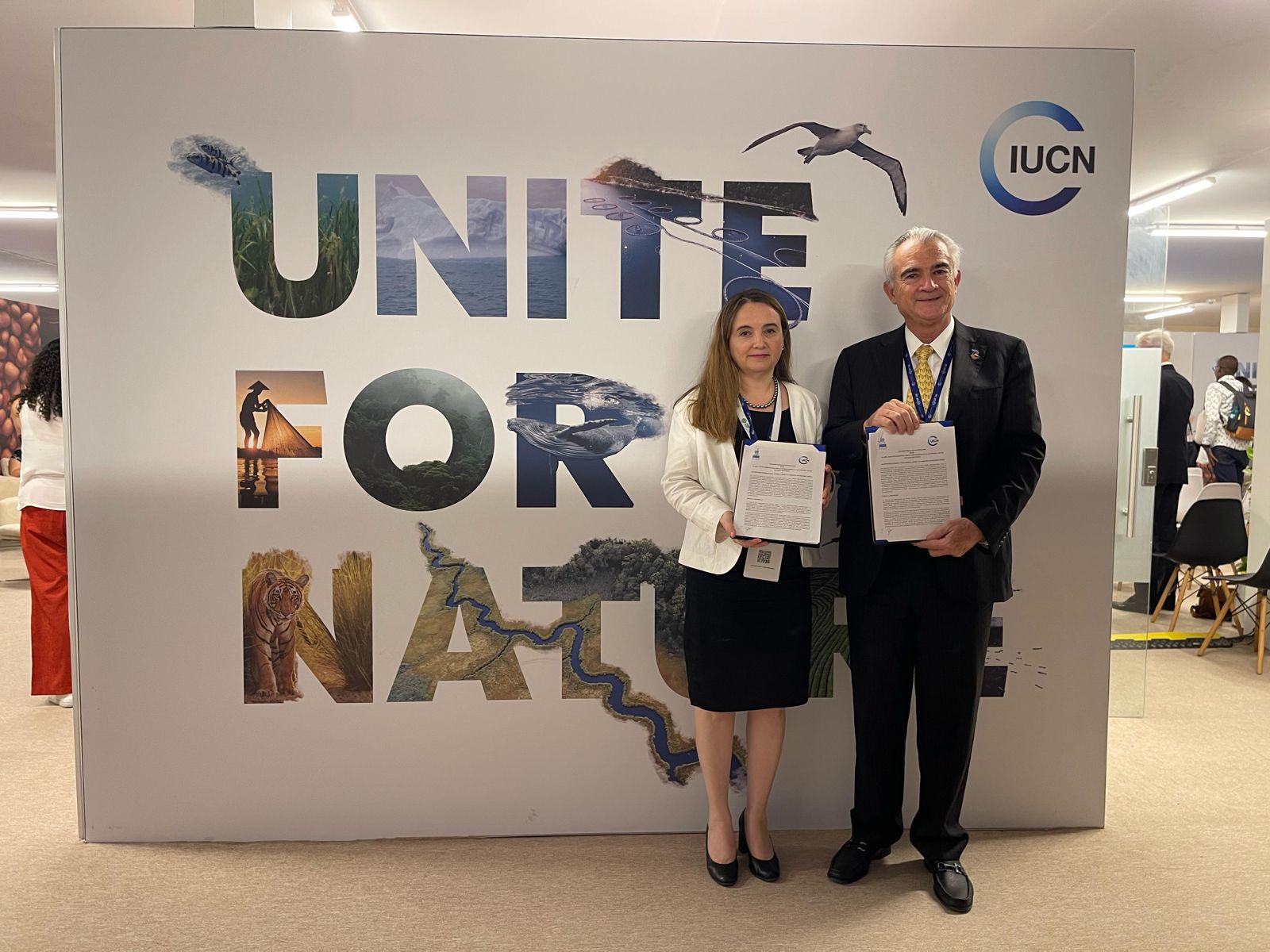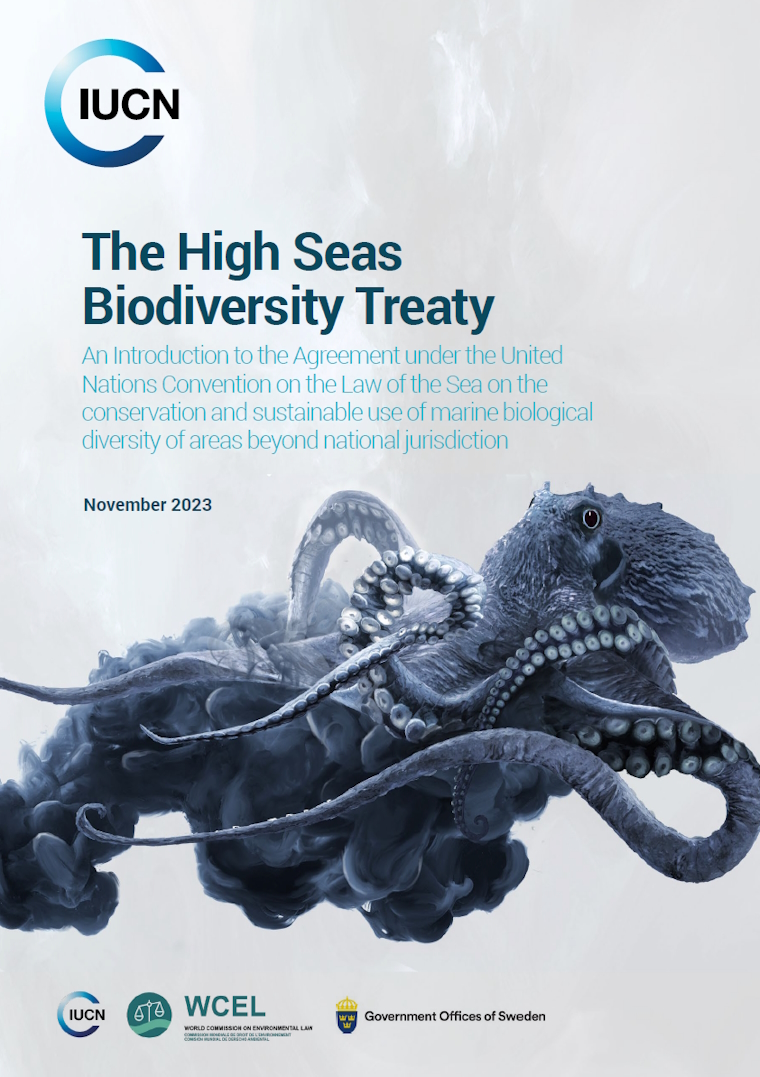Unlocking the potential of cross-sectoral mobilisation for biodiversity: the added-value of BIODEV2030
Since 2020, the BIODEV2030 project has been supporting a science-informed, multi-stakeholder dialogue in 16 pilot countries, with economic sectors identified as key to their biodiversity and development. These dialogues are providing an opportunity to discuss the impacts and dependencies of economic activities on biodiversity, and identify practices and policies to improve the country’s sustainable use of natural resources. Moreover, through these discussions, BIODEV2030 has fostered these important economic sectors to make voluntary commitments to protect biodiversity.
“In Ethiopia, the private sector is largely dependent on natural resources and biodiversity: 90% of exportations depend on agriculture. The real motivation is the sustainability of our businesses. BIODEV2030 is enabling us to question our dependency on these resources,” acknowledged Wubie Mengistu, Executive Director of the Ethiopian Chamber of Commerce & Sectoral Association, during a BIODEV02030 side-event at the African Protected Areas Congress (APAC) in Kigali in July 2022.
The BIODEV2030 approach is designed to help the stakeholders in the priority sectors share their understanding of the threats to biodiversity, including identifying harmful practices and policies. This common knowledge allows them to engage in an informed dialogue, with the objective to develop a voluntary action plan for biodiversity and upscale sustainable policies and practices.
These actions are aligned with national biodiversity strategies and the Post2020 Global Biodiversity Framework. "BIODEV2030 is an opportunity to make private sector actors understand that the rules that apply to their economic sector, which may seem restrictive, are not country-specific, but part of a broader international response, which is the global framework for biodiversity under preparation," said Stanislas Stephen Mouba, National Focal Point of the Convention on Biological Diversity in Gabon.
While developing agricultural commodities appear as a priority in all BIODEV2030 countries, fisheries, forestry and mining are also strategic sectors, sources of export revenues and essential to livelihoods. However, the development of these sectors has often been supported by subsidies that ignored environmental considerations.
“Thanks to BIODEV2030, we are in a position to know where to re-orient our harmful subsidies, use them in a better way, and dedicate them to finance biodiversity conservation,” noted Fred Onyai, National Focal Point of the Convention on Biological Diversity for Uganda.
By the end of June 2022, 39 key sub-sectors had been identified as strategic to engage as part of the multi-stakeholder dialogues. More than 1,300 stakeholders - representing the public and private sectors, civil society, researchers, journalists with a diversity of knowledge and perspectives - had participated to the discussions, building a common understanding of the challenges and a foundation for determining a way forward.
Between now and the Convention on Biological Diversity Conference of the Parties (CBD COP15) in December, consultations with stakeholders in all 16 countries are expected to intensify, as concrete action plans with measurable objectives for the various sectors are discussed.
Even if short-term revenue imperatives have often deterred sectors to transition towards sustainable practices in the past, Joseph Koutchika, Coordinator of the Benin Rice Growers' Consultation Council, expressed hope that this is now changing. “BIODEV2030 can act as a catalyst of energy, so that all stakeholders move in the same direction," he said.
In addition, growing interest from financial institutions in BIODEV2030’s approach is expected to help catalyse this movement towards transformative change.
The BIODEV2030 project is financed by the Agence Française de Développement (AFD), coordinated by Expertise France and implemented by IUCN and WWF in 8 countries each.
Note: All the statements above were made during BIODEV2030 side events at the 2022 African Protected Areas Congress (APAC) in Kigali, Rwanda, and some were translated from French to English.







